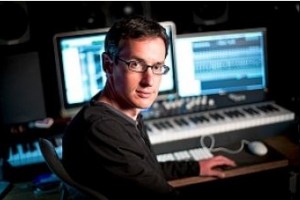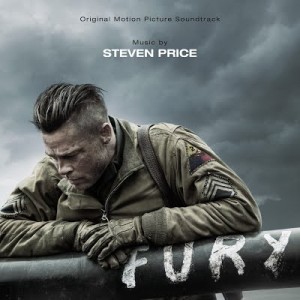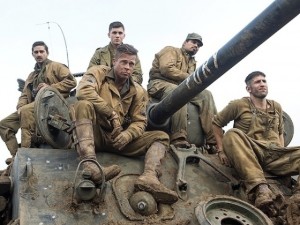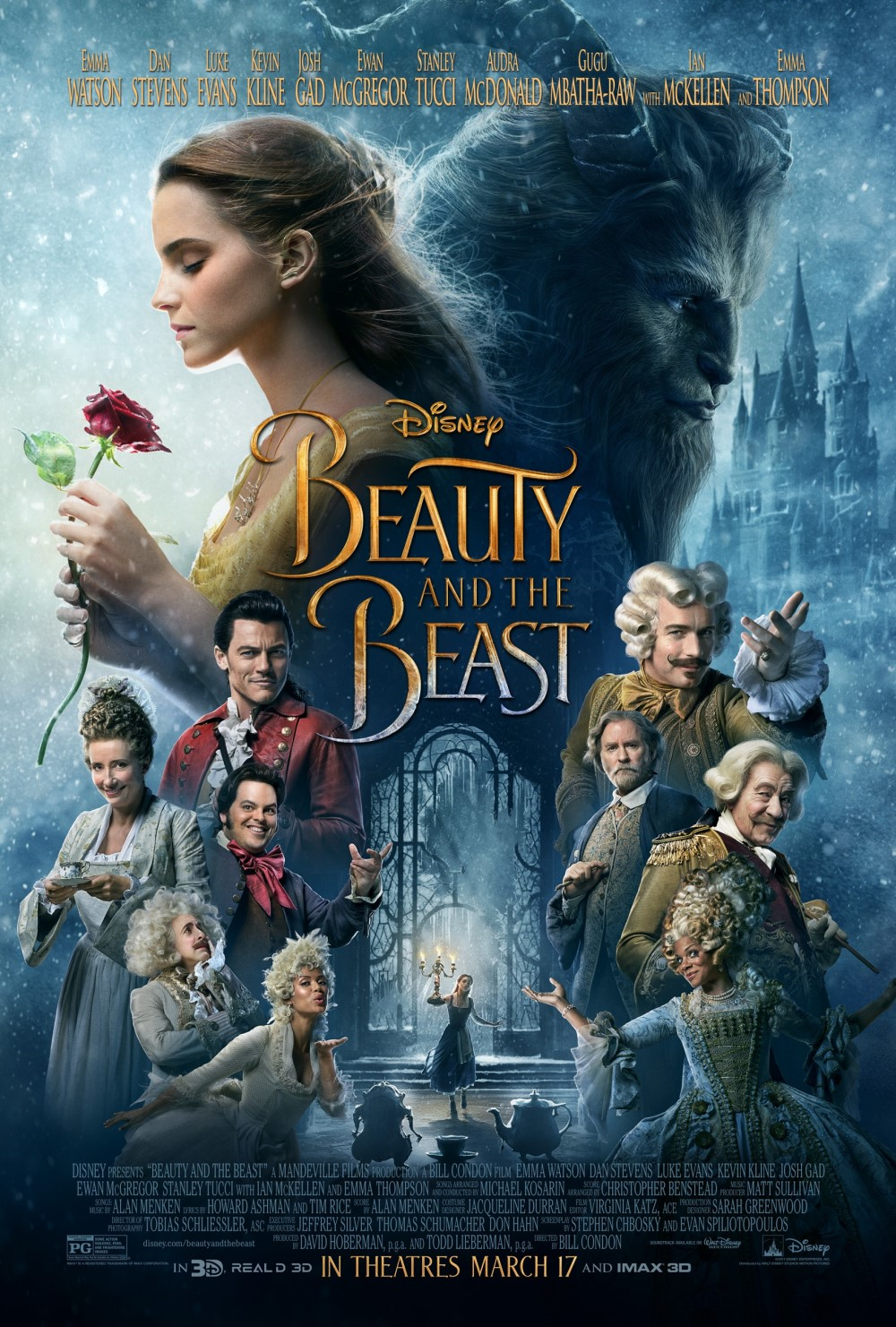 Steven Price is the very talented composer behind the film “Gravity”, which ended up winning him last year’s Oscar for Best Score (along with numerous other awards). Steven has also worked on film like “The World’s End” with Edgar Wright and TV series like “Believe” with “Gravity” director Alfonso Cuarón. Media Mikes had a chance to follow-up with Steven to discuss his new score for “Fury” and what we can expect.
Steven Price is the very talented composer behind the film “Gravity”, which ended up winning him last year’s Oscar for Best Score (along with numerous other awards). Steven has also worked on film like “The World’s End” with Edgar Wright and TV series like “Believe” with “Gravity” director Alfonso Cuarón. Media Mikes had a chance to follow-up with Steven to discuss his new score for “Fury” and what we can expect.
Mike Gencarelli: You worked on the score for “Gravity” for about two years; at what point in the production did you come on board “Fury”?
Steven Price: I started on “Fury” about a year ago. I got the scripts and read through them. Usually, I am pretty useless at judging scripts. I tend to do better off waiting until I can see a little bit of what they have shot. But with this film, the script was really gripping. (Director) David Ayer has this ridiculous ability when writing characters that you feel like you totally know them in only a couple of pages, you care about them and you want to know what is going to happen to them. I loved the script. So I made a couple of calls and it turns out they were shooting it about 40 minutes from where I live. So I asked if I could visit and I actually ended up going a couple of times while they were shooting. I got to watch it being shot but also I got to spend a bit of time talking with David discussing what he was doing and what he hoped the music would be. It was an amazing opportunity to get to work with another director that really values what music can do for a film. It was important for him to have the music to carry emotion and be a part of the experience. So I was very keen to be involved.
MG: “Gravity” was set in the vast unknowns of space; tell us about how you approached “Fury”, which is set in the hell of World War II?
SP: I think “hell” was the key to it actually. We talked about what the characters had already been through by the time that we meet up with them in the first reel of the film. They have been in the war for 3-4 years by that point and have seen and done unimaginable things. They are exhausted and terrified but they have to keep going forward. So it was a matter of capturing that sense of exhaustion and of being in hell with this constant motion and this grinding forward. I wanted to capture that quality in the music whilst putting you there with the men and their emotions throughout the film. So that’s the conversation we had at the start and then had to work out how that would actually sound.
MG: I was going to ask if you looked for influence from other World War II films but this has such a unique sound for the genre and even sort of crosses over the line of horror with the use of the overlying chanting throughout.
SP: With where they are within the timeline of WW2, the film being set just 3 weeks before the Nazi surrender, I think it is easy to imagine that things were less intense at that point, but in actual fact the crews were in the middle of Nazi Germany… they were surrounded, and things were unimaginably bleak and threatening. I did a lot of work with a choir that is constantly chanting and whispering around you. It is an eerie sound in lots of ways. You never feel, like they never felt, safe for a moment. There is something that could happen that would be life ending, you never know. It was a real turning point for me, while writing, when I got the idea to use the choir in that way. I recorded them in all sorts of different ways. Sometimes it was as a choir but often times I would give them all their own individual microphones and get them saying different things. We could make it sound like individuals at times or make them sound like this group marching forward. They are only really used as a traditional choir in terms of singing at the very end of the film. So until then, they are this voice of constant persistent danger.
MG: Were you able to able anything you learned from “Gravity” on this project?
SP: I think the great thing I learned from “Gravity” experience was to just keep trying and keep experimenting with new things. That was a process for me that was really useful on this. The film was evolving as I was working on it and there was always a chance to look at something from a different angle.
MG: What were some of your biggest challenges that you faced here?
SP: The biggest challenge on this film was just getting the journeys right. Take the character, Norman (played by Logan Lerman), when we first meet him in the film and he goes from being terrified to suddenly plunged into a tank battle. So trying to figure out musically, how was his journey through the film and his growing and understanding of what it means to be in this was a challenge. Also Brad Pitt’s character, Wardaddy, was challenging since his enigma itself almost could be played musically and how much we should learn about him and his team through the music. So a lot of it were character challenges and trying to support them and their stories. That was the stuff that got me scratching my head at night and trying different things.
MG: I love that the score is so epic and yet you still have some beautiful piano work in tracks like “I’m Scared Too”.
SP: I did an early demo with piano and David sort of immediately attached to it. It is very simple piano work and all quite blunt actually in terms of the musical construction of it. They characters aren’t verbose sort of characters. They speak clearly and what they say is clear. Musically, I wanted it to be like that too. I wanted it to be very concise. The piano writing was very simple and also it needed to be played with great emotion. One of my oldest friends, who is not a full time professional musician but is a great player, ended up playing it for me. He came in and just completely understood what I wanted to do with it. His touch on the piano really made the whole thing work. We spend a long time getting the right sound for it as well. We ended up going about it in a peculiar way using two very old 1940’s microphones underneath the piano. It is not the sound that you would ordinarily do for a big posh film piano sound but it just felt right. You hear the mechanics of the piano, the pedal sounds, the contacts between the hammers and the strings and that seemed like it was suitable for this film.
MG: Since you are no longer working on “Ant-Man”; what is your next project?
SP: There is stuff knocking around a bit but not allowed to say much about anything at the moment though. But at the moment, I am in the bit where I should have been doing “Ant-Man”. Having spent a lot of time with Edgar Wright and considering him a good friend, it was never going to be an option for me to do that film. We spent so long talking about musical ideas for the film and it would have been so wrong taking it with someone else’s vision really. Hopefully I will have the opportunity to work with him again soon. But we will see what is around the corner next, yeah!

